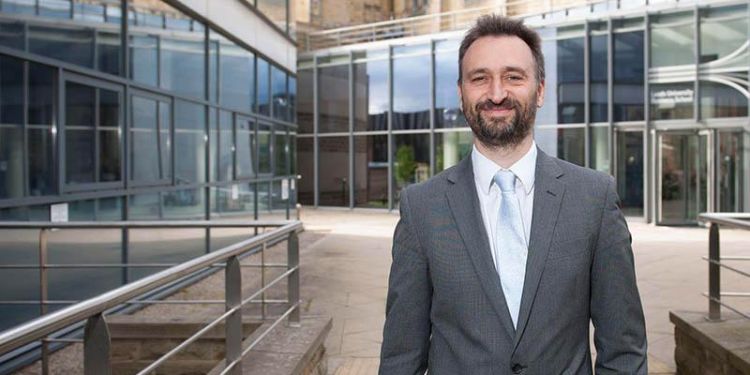Professor David Spencer interviewed on the 4-day work week

Professor David Spencer was recently interviewed on his research regarding the 4-day work week by Dr Martina Weifenbach on the German work and mindfulness podcast ‘myndway’.
The interview explores the benefits that could arise from a 4-day work week, as well as why changing working hours has a lot to do with power, and what economist John Maynard Keynes envisioned the world of work to look like in 2030.
Professor Spencer also describes the motivation behind his research and his specific interest in the 4-day work week which stems from a focus on the quantity and quality of our work.
When asked about what a shorter work week might mean, Professor Spencer outlines a multitude of benefits including positive effects on employee wellbeing, economic advantages for businesses and its alignment with the sustainability agenda.
Professor Spencer points out that work days have naturally fallen over time from a 6-day work week to a 5-day work week and that the economy has historically adapted to the change. He notes that while the process can’t take place overnight, it is possible as a “evolutionary incremental process”.
When asked about his future vision for the workplace, Professor Spencer references the title of his latest book ‘Making Light Work: An End to Toil in the Twenty-First Century’ stating that he hopes the implementation of a 4-day work week will “make light work for all”.




